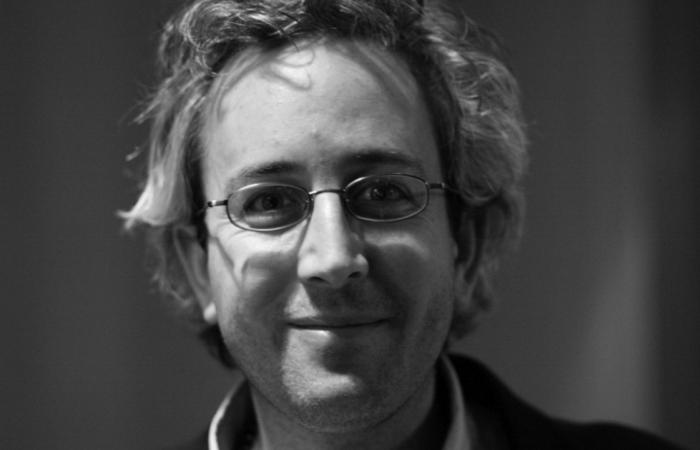
Research Seminar: The First Food Police
Benjamin R. Cohen of Lafayette College will discuss his paper, “The New Food Police: Controlling Homes and Bodies in the Early Age of Manufactured Foods.”
Author's abstract for the seminar paper:
The biggest story of agriculture and food from the mid-1800s to early 1900s is one about shifting control from field to kitchen, from farm to city, from a producer- to consumer-oriented world. In the midst of the changes, domestic economists, chemists, and grocers argued over how to police the food of new urban households. Bodily metrics of taste, smell, and sight had long provided ways to judge food quality. But the household was challenged by new foods from outside sources at the same time officials challenged the value of embodied knowledge in protecting that space. This paper discusses the tensions of that new world of food control. The Gilded Age brought forth a struggle between household health (what foods were brought into the house) and individual health (how to assure sustenance and nourishment). The paper shows how decisions about protecting the boundaries of nation, home, body, and defining purity, were shaped by competing ways of knowing food.
The seminar is open to the public and is based on a paper that is circulated in advance. Those planning to attend are encouraged to read the paper before coming to the seminar. Copies may be obtained by emailing Carol Lockman, clockman@Hagley.org. Reception at 6 p.m., seminar begins promptly at 6:30, and takes place in the Copeland Room of Hagley’s library building.
